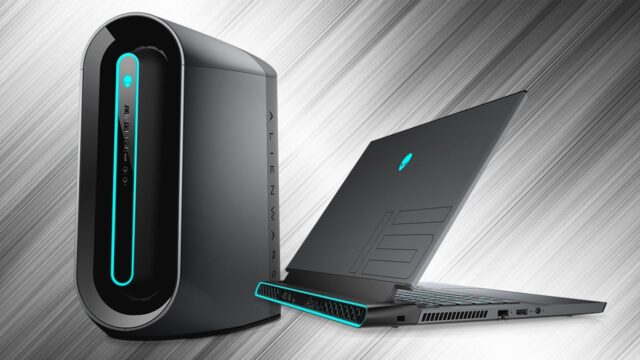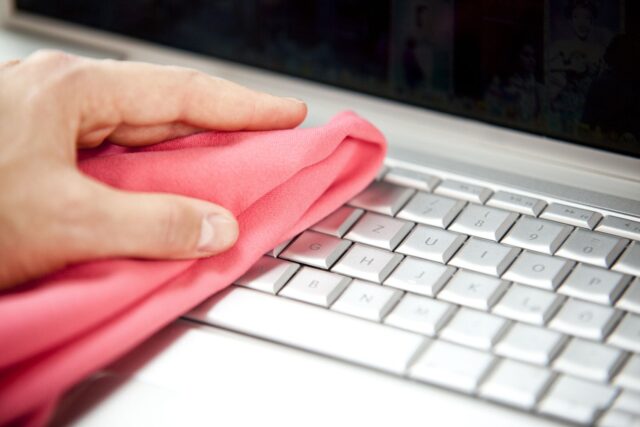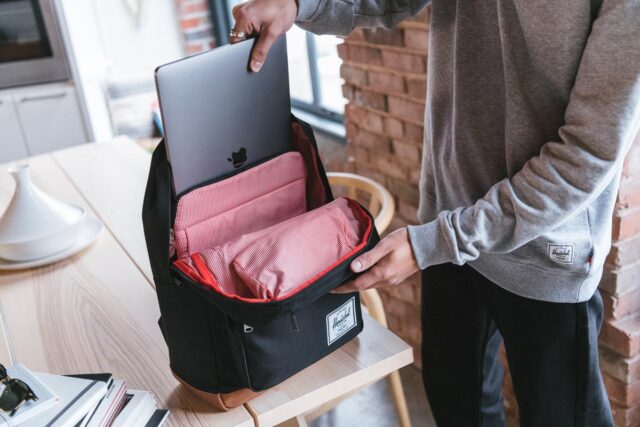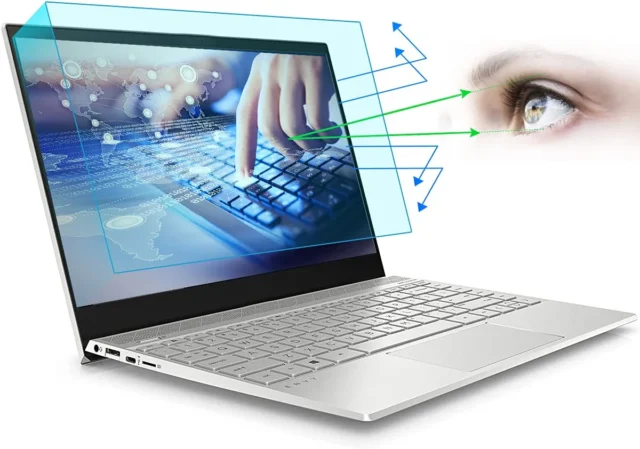
A gaming laptop is an expensive investment that should be well taken care of. Furthermore, since they are used to run heavy games, they can easily deteriorate faster than expected. To prevent that from happening, it is important to follow steps that can maintain your machine.
1. Keep it Well Ventilated
Ensure that you use your laptop in well-ventilated areas. It is no secret that using your laptop in extreme temperatures can cause it to overheat and slow down. For that reason, you can improve laptop cooling by using cooling accessories like a laptop cooling pad.
Extremely cold temperatures can also damage your laptop by creating condensation and causing it to short-circuit.
2. Clean Your Laptop

Your laptop collects a lot of dust as time passes. The dust can damage your laptop in the long run because gaming laptops have their parts crammed in a small space to increase laptop performance and enhance portability.
The dust can block the laptop’s fans causing it to overheat. Overheating can cause your laptop to shut down unexpectedly and damage your screen and your laptop’s hardware.
To increase airflow and overall circulation, clean the laptop every few months to remove dust and any other dirt. You can do this by;
- Vacuuming the vents using a vacuum cleaner.
- Blowing the dust from the fan using a compressor.
- Using a soft cloth or cotton swab to clean the vents.
You should also regularly wipe the exterior with a soft dry cloth to prevent the dust from building up. If you are cleaning the screen, refer to the instruction manual to ensure you use the right cleaning materials.
3. Protect Your Laptop From Malware

Online gaming is a catnip for cybercriminals. Viruses and malware can easily invade your laptop especially when you consistently game online. Malware is any malicious software designed to disrupt, damage, or gain unwanted access to the data in your laptop. Malware includes:
- Viruses. A virus is software that attaches itself to a file or document and starts working only when the file or document is used. This disrupts your laptop’s ability to perform.
- Worms. Worms are software that replicates and spreads to any device found within a network. It infects through a downloaded file or network connection.
- Trojans. These are viruses camouflaged as helpful software. They do not replicate but when downloaded, the software can modify, delete and block any sensitive data.
- Spyware. This refers to any software that monitors your laptop and reports back to another user. It targets sensitive information, usually personal or financial. The most popular one is a keylogger that tracks your laptop keystrokes to gain access to your passwords.
- Adware. Adware is used to collect data on what you use your laptop for. The information is then used to personalize advertisements.
- Ransomware. This type of malicious software gains access to sensitive information, blocks your access to it, and requests a specific amount of money to allow you to gain access to your data.
The following tips can help protect your laptop from computer viruses and other malware.
Install anti-malware and anti-viruses on your laptop from known sources.
- Avoid installing unknown software
- Avoid clicking on unknown links in emails.
- Use a firewall and pop-up blocker.
- Keep up to date with your computer’s operating system (OS).
- Use a strong password.
- Use a VPN when gaming online.
- Declutter the files on your laptop. This will help you notice anything out of place.
Pay attention when your laptop becomes painfully slow. When you suspect that there is malware in your laptop, ensure you remove it as fast as you can.
4. Use the Right Bag

Carrying your laptop using the right backpack can help protect it and help it last longer. Padded laptop bags are better as they shield laptops from scratches and damage if the bag falls. Some laptop bags are also water resistant, protecting your machine from any water damage.
5. Use an External Keyboard and Mouse
Most gaming laptops come with an in-built keyboard and mouse. Using these functions over time can make them less sensitive to touch and may require replacement.
Therefore, using an external keyboard or mouse will make the in-built functions last longer. They are also easier to replace than the pads of the laptop.
6. Regularly Update Your OS
While this is one way to combat any malware that has found itself in your laptop, regular updates can also help fix any updates or glitches that have been slowing it down.
Windows automatically updates itself. However, if you have turned off this feature, you may need to turn it on manually by going to Settings→Update and Security→Windows Update
If you are using a Mac, go to Menu→Sstem settings→General→Software update.
7. Use a Screen Protector

A screen protector helps to keep your screen clean and protected from dust and scratches. You can either use tempered glass or a plastic screen protector to cover your screen. Tempered glass screens are more expensive as they protect very well from scratches.
In Summary
Your laptop is important and should be treated as such. Most importantly, shut off your laptop to give it some downtime. To ensure longevity, the tips above should help you maintain it.







